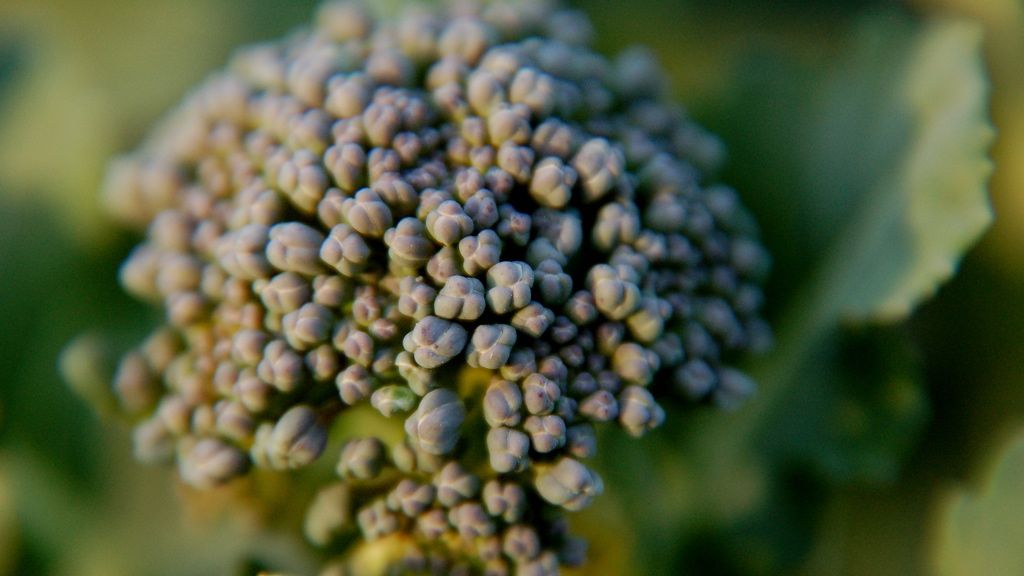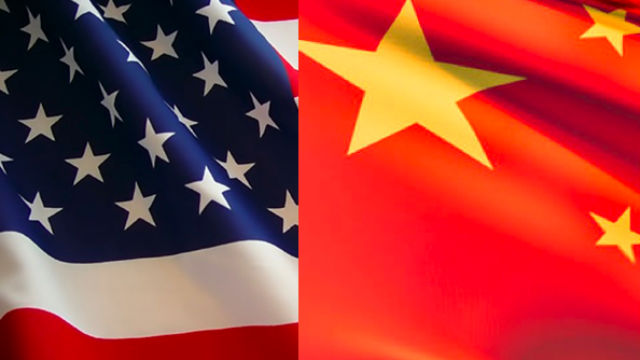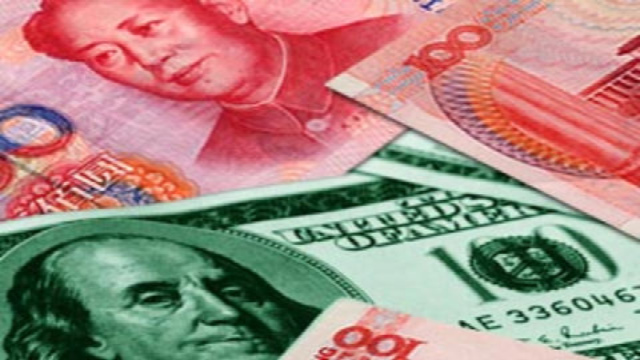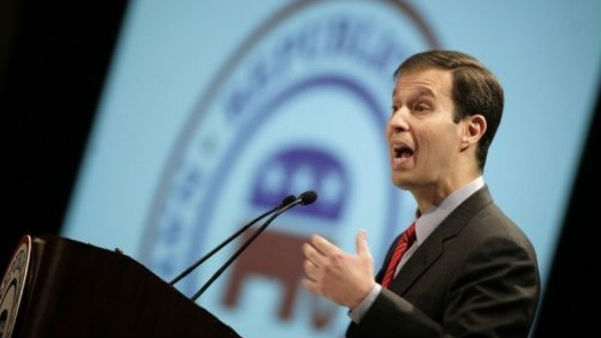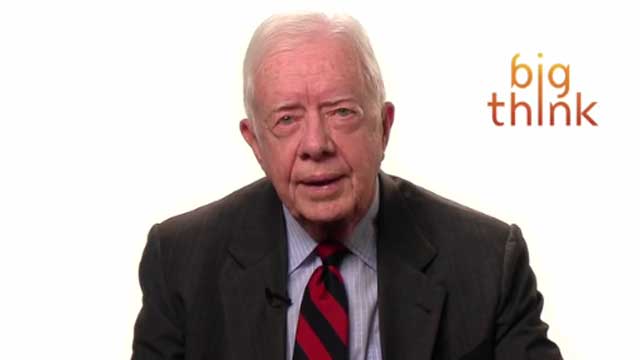bigthinkeditor
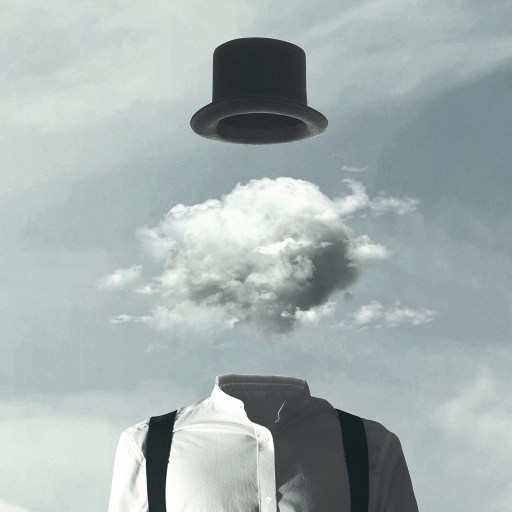
Between 2004 and 2009, the U.S. newspaper industry lost 34 per cent of its readers; the U.K. industry lost 22 per cent. Since then, the speed of the downturn has increased.
Democracy and capitalism have each become compulsory and fundamental, so we can only get outside them through the kind of postsecular leap of faith, says professor Simon During.
The great-grandmother of Jesus was a woman named Ismeria, according to Florentine medieval manuscripts analyzed by a historian.
U.S. culture is going down like a thrashing mastodon giving itself up to some Pleistocene tar pit. Either we don’t care or we’re addicted to things that discourage us from caring.
In the wake of controversy over the possible discovery of arsenic-eating life last week a basic question perhaps deserves revisiting: Just what, exactly, is life?
To oversimplify a little, the performance of the world economy in 2011 depends on what happens in three places: the big emerging markets, the euro area and America.
Google thinks its Cr-48, a concept notebook computer that relies on the Web for all its software applications, can compete with computers that run all kids of installed software.
Our emotions can’t comprehend suffering on a massive scale. This is why we are riveted when one child falls down a well, but turn a blind eye to the suffering of millions of people.
Healthy living has been shown to boost brain power. It may also reduce the risk of Alzheimer’s.
Since the worldwide success of Zhang Yimou’s “Hero” in 2002, Beijing is increasingly churning out glossy blockbusters whose production values (and budgets) rival those of Hollywood. This is all part […]
For 50 years, the U.S. Geological Survey has been building an archive of old photos of desert landscapes and new photos of them. Check out the fascinating results.
Ted Cascio on why “The Simpsons” has gone downhill and why it should stop glossing over the issue of racism.
Honey traps, also called “honey pots,” have been a favorite spying tactic as long as sex and espionage have existed—in other words, forever.
If the world’s leading experts in politics, psychology and game theory were to design a problem to be as difficult as possible to solve, it would probably look a lot like climate change.
Spiegel says that it’s only if companies are more generous in their interpretation of fundamental rights that the Internet can continue to function as a public space.
Attempts to explain art, music, literature, and the sense of beauty as adaptations is both trivial as science and empty as a form of understanding.
An analysis of how ants quickly find new routes in a changing maze reveals techniques that could be useful to systems engineers.
Shanghai, China, trounced the competition in an international test of 15-year-olds’ skills in math, science, and reading. So what makes the Shanghai students special?
Paul Krugman and David Stockman rarely agree but are united in their stance on the “fiscal irresponsibility of the tax-cut deal.” Why and so what?
A new biography reminds us that the late, great German violinist Adolf Busch should also be remembered as leading the short list of musicians who refused to kowtow to Adolf Hitler.
By mid-century there could be over 200 million Chinese Christians.
A series of infographics comparing the two countries puts their growing rivalry into perspective.
The downfall of the dollar will only be a matter of time, says the economist. That means America may soon be stuck paying more for its imports and more for its debt.
Republicanism is about giving people more personal freedoms, and gay marriage is one such freedom, says Ken Mehlman, the former head of the Republican National Committee. Therefore, Republicans should embrace […]
Ever since President Jimmy Carter normalized relations with China in 1977, the world’s most populous country has slowly expanded freedoms within its country and used “soft power”—influence through diplomatic, economic, […]
Stereotypes about women actually influence how women make financial decisions, making them more wary of risk, according to a new study published in Psychological Science.
Churchill’s role during World War Two has become the stuff of legend. Less well understood is how he came to lead his nation at that crucial moment, says biographer Michael Makovsky.
An alternative to batteries gets an advance from tiny, crumpled sheets of graphene, whose electrodes can store more charge because they have larger surface areas.
The announcement that Susan Philipsz had won the Turner prize—Britain’s most embattled arts prize—was rendered almost inaudible by the chants and whoops of student protesters.
Common sense holds that your brain sees an object, and then recognizes it. But a new study shows that the reality may be the reverse. Your expectations shape what you see.
